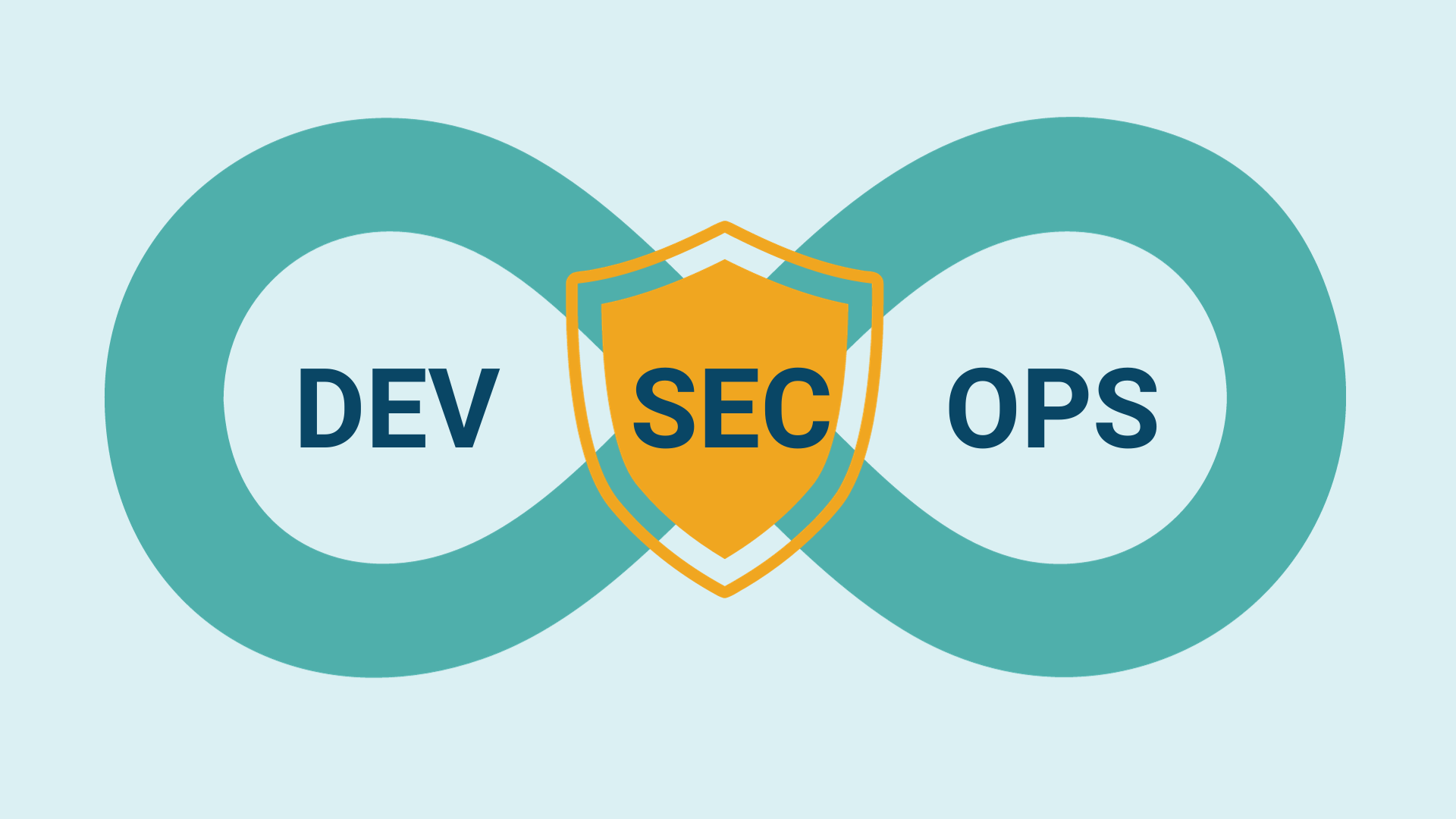
Software testing is changing. Learn about the next evolutionary steps we expect to see in 2024 in the world of Quality Assurance!
Look back at 2023 and you’ll see that this past year has taught us a great deal about the importance of technology. Within that specifically, the pivotal role that software plays in shaping our lives cannot be overemphasized. As software becomes the key value driver in more and more products and digitalization increases the penetration of these products, there’s more responsibility falling on the software testing discipline to ensure high quality and robustness in software-infused products. New testing strategies, techniques, and tools are gaining traction to keep pace with this fast development.
Our forecast for testing trends in 2023 is still relevant as some of those processes are still unfolding. But there are also other trends on the rise that are likely to shape the world of software testing in 2024 and beyond.
Software testing trends in 2024
TestOps
TestOps is likely to be the next big thing now that DevOps can almost be considered standard (considering that 80% of companies claim to be practicing DevOps). Think of TestOps as extending DevOps to testing processes. The primary goal of TestOps, in combination with DevOps, is to automate and centralize the entire software development and testing lifecycle from planning through to testing and monitoring.
In short, TestOps is all about automation, and it aims to provide a centralized platform for the efficient use of automation. Having identified what tests need to be run and when, TestOps pipelines integrate automation tools to support testing-related processes. A key advantage of TestOps when compared to traditional DevOps is better test planning, which should result in more efficient and effective testing.
TestOps goes hand in hand with DevOps, enabling QA engineers and developers to have full control over the development & testing pipeline throughout the lifecycle. Owning the process and tailoring workflows as they see fit helps make testing more of a shared responsibility. When executed carefully, a TestOps approach provides centralized logs, reporting, and data analysis on product testing-related processes.

A key benefit of TestOps is an obvious one: more automation means less manual work and shorter execution times. That translates to lower costs, faster time to market, and overall better product quality. Another advantage of adopting TestOps is real-time monitoring and a 360° view of software quality at all times throughout the development lifecycle.
Tools supporting a TestOps approach include Allure Testops, Global App Testing, Katalon, Testim, and essentially any tool you currently use for automated testing activities, as TestOps is really more a mindset change than a contoured set of well-defined practices to adopt.
Widespread use of AI
In the middle of an all-round AI revolution, it shouldn’t come as a surprise that Artificial Intelligence is set to radically transform the way software is developed and tested. The code generation capabilities of tools like ChatGPT and GitHub Copilot are already used by a growing number of software developers. Even though they still have their limitations, they can significantly cut back on the time and effort costs of writing code.
Due to the nature of Large Language Models, the technology underlying most generative AI solutions, these tools may in some cases provide incorrect or inaccurate suggestions. That’s because they don’t actually analyze your code, they analyze similar code from the vast databases they are trained on.
A smart way to verify AI-generated tests is to apply another novel piece of technology: symbolic execution. A tool using symbolic execution can create a high-coverage test suite that explores all possible paths in your code and which always compiles since it’s based on static code analysis. Therefore, it’s a great way to check if AI-generated test code is accurate.
That’s exactly what Symflower, our JUnit test generation tool can do. Try it in VS Code, IntelliJ IDEA, Android Studio, or your console.
Find out how symbolic execution and AI stack up in one of our previos blog posts!
AI-based tools can offer similar benefits for software testing. In fact, some are already using generative AI to deliver testing code. The role of AI in software testing is set to expand significantly in 2024 and beyond. Code analysis and reviews, improvement suggestions, predictive analytics, and generally just automating mundane and repetitive tasks are all prime use cases for AI. Test automation tools powered by Artificial Intelligence can help identify critical test scenarios, generate and maintain test cases, and optimize test suites for high coverage.
It’s realistic to expect a shift in responsibilities at some point in the not-too-distant future: it’s possible that first drafts of code (and the tests validating that code) may be written by AI entirely quite soon. Developers could use these suggestions as first drafts that they can just review and use as a foundation for the more complex, value-added development work that will (for now) continue to be their responsibility.
The writing of documentation, a dreaded task by lots of developers, can also greatly benefit from the use of AI tools relying on Natural Language Processing and LLMs to generate copy. We also expect AI to be used for ensuring security and compliance and to detect threats and vulnerabilities in software applications.
Low-code and No-code (scriptless) test automation
With the shift-left trend and more focus on QA throughout the development lifecycle, testing is increasingly carried out simultaneously with development. As no-code and low-code solutions have already gained traction in software development, it’s now time for this technology to transform testing.

A previously developer-only discipline is opening up for non-developers. With no-code or low-code test automation, more non-technical stakeholders can get access to testing, gaining the ability to plan and execute tests and analyze results without having to write complex testing code. Since no developer hours are needed, scriptless test automation can increase productivity in the organization and can democratize access to tailored software solutions to non-technical members.
Some examples of scriptless test automation tools already on the market include ACCELQ, Selenium IDE, and TestCraft, among many others. We expect the market to go through fast development in coming years.
API test automation
With the advent of microservices architectures, the number of Application Programming Interfaces is growing fast. It’s no surprise that API-driven development is also gaining momentum. But APIs can mean a security threat to valuable and sensitive data. Not to mention that API testing is a more efficient form of testing than trying to carry out immense amounts of GUI tests in a fast-paced Agile or DevOps development environment.
To be able to satisfy the growing volume of API testing needs, automation will have to be ramped up. Whether it’s interoperability testing, smoke testing, runtime error detection, penetration and security testing, or plain old unit testing, automation is the key to unlocking efficiency so that more tests can be run in less time – and, ideally, with lower effort costs.
Using tools like Postman, REST-assured, or the trusted Apache JMeter is set to be the norm for teams focusing on API testing. Automating the recurring execution of API tests (at specific times or at certain stages of the CI/CD pipeline) is also becoming standard practice.
Security testing, DevSecOps
With all the cybersecurity threats and data breach scandals dotting the news this past year, you shouldn’t be surprised that security testing and the relatively new concept of DevSecOps are set to take center stage in 2024.
Incorporating security aspects into product design & development from the get-go, and consistently testing for security is non-negotiable. That places more emphasis on the various types of security testing (including vulnerability scanning, penetration testing, API testing, web application security testing, etc).
In fact, security, resilience, and compliance are becoming such top concerns for a fast-growing number of companies that security-as-a-service is becoming a viable alternative to building out security management & testing capabilities in-house. We expect to see a lot more security-as-a-service providers next year and beyond, as well as the expansion of the current tooling landscape that includes platforms like HackerOne’s solutions, JFrog Security, SonarQube, and others.

Similarly to how TestOps aims to integrate testing in the DevOps workflow, the DevSecOps approach concentrates on strengthening the focus on security throughout the software development lifecycle. While the adoption of DevSecOps can already be considered an ongoing trend, we expect 2024 to bring about really significant changes in how organizations respond to the growing importance of software- and cybersecurity concerns.
Testing in the limelight in 2024
All the technological changes we’re experiencing today seem to point to the growing importance of software, connectivity, and with them, increased focus on cybersecurity. As software starts to govern more and more aspects of our lives, we can’t afford bugs, malfunctions, and vulnerabilities. That’s why we expect software testing to become a primary concern for organizations of all sizes and in different industries – more so than today.